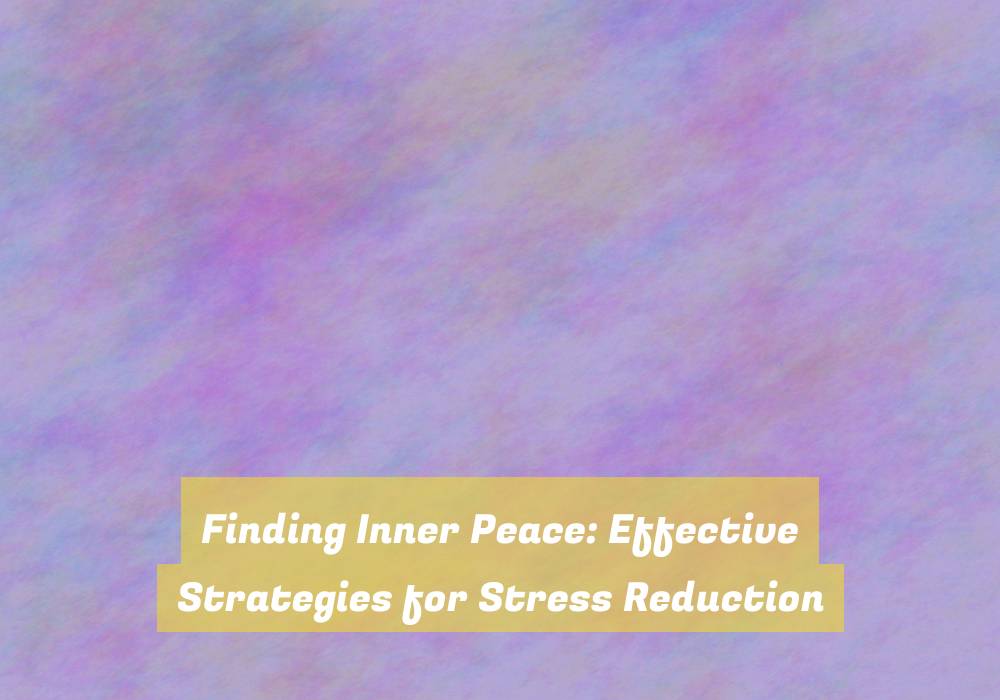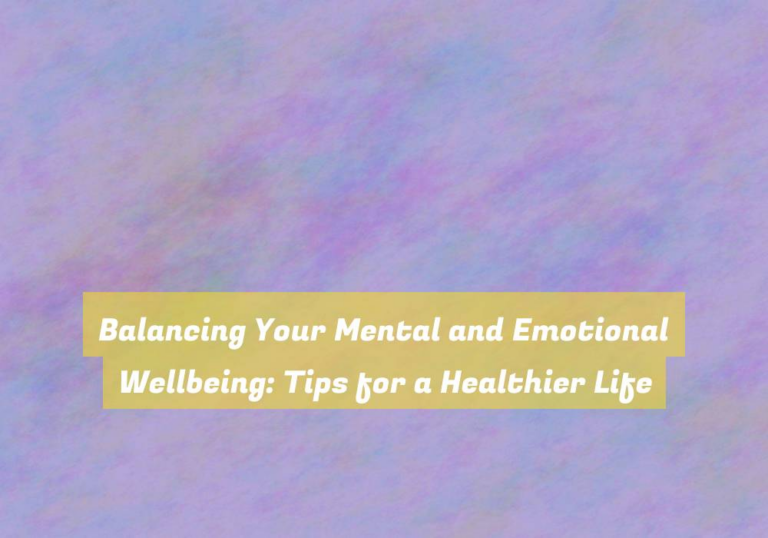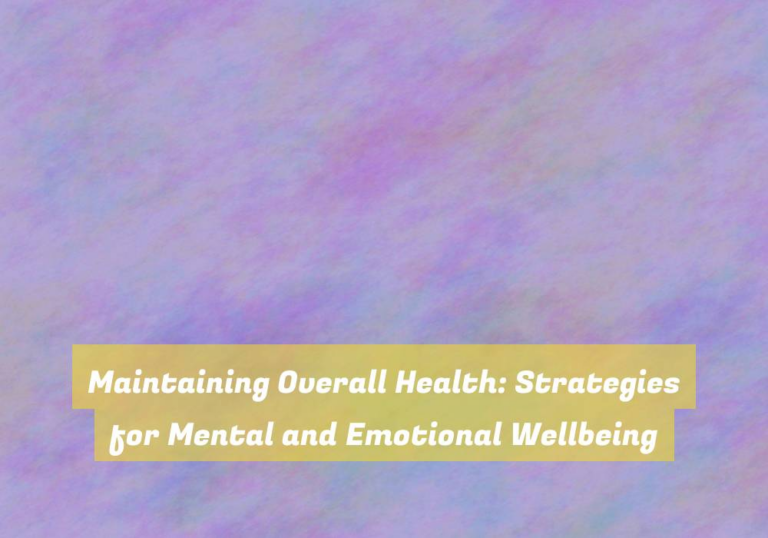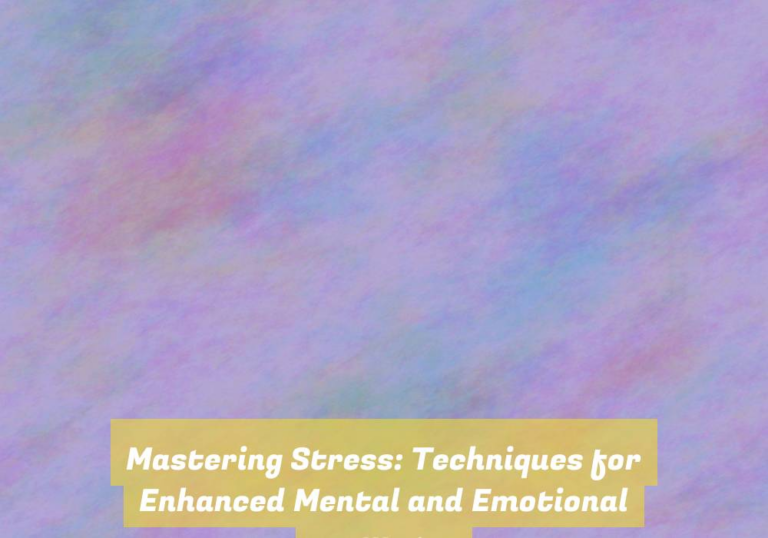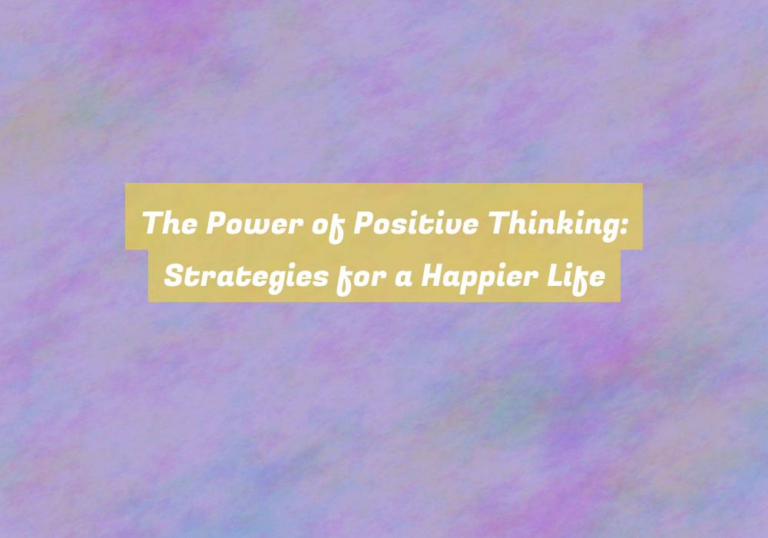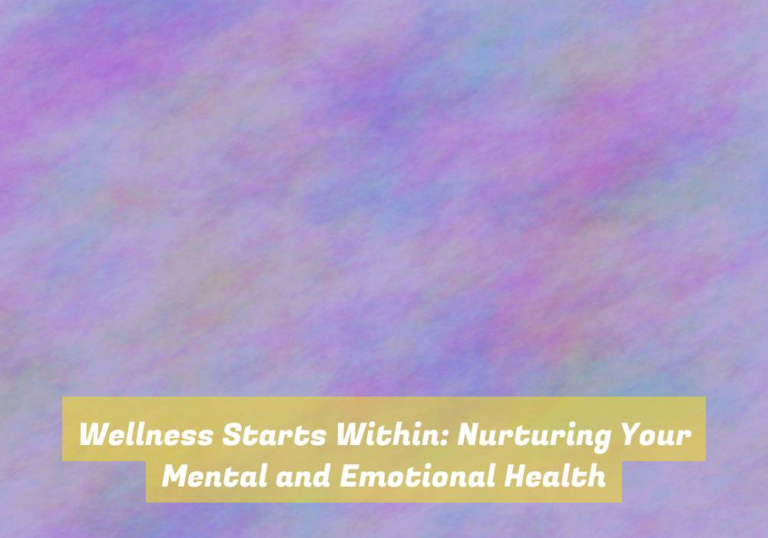Finding Inner Peace: Effective Strategies for Stress Reduction
So, youG??ve finally reached the point where stress feels like a permanent roommate in your mind, constantly rearranging the furniture without your permission. ItG??s time to kick that unwanted visitor to the curb and regain control of your mental space.
In this discussion, weG??ll explore practical strategies for finding inner peace and reducing stress that donG??t involve chanting in a candlelit room or spending a weekG??s salary on essential oils.
The key to reclaiming your peace of mind might be simpler than you think.
Understanding the Impact of Stress
Understanding the impact of stress on your daily life is crucial for developing effective stress management strategies. Stress can manifest in various ways, affecting your physical health, emotional well-being, and overall productivity.
Physically, stress can lead to headaches, muscle tension, and fatigue. It can also weaken your immune system, making you more susceptible to illnesses.
Emotionally, stress can cause feelings of anxiety, irritability, and sadness, impacting your relationships and overall happiness. Moreover, chronic stress can impair your cognitive function, making it difficult to concentrate and make decisions.
Recognizing these effects of stress is the first step in taking control of your well-being. By understanding how stress impacts your body and mind, you can start to identify the sources of stress in your life and develop strategies to manage and reduce it.
Whether itG??s through mindfulness practices, exercise, or seeking support from others, acknowledging the impact of stress empowers you to take proactive steps towards a healthier and more balanced life. ItG??s essential to prioritize self-care and implement effective stress management techniques to mitigate the negative impact that stress can have on your overall quality of life.
Practicing Mindfulness Techniques
Practicing mindfulness techniques can help you cultivate a greater sense of present-moment awareness and emotional balance. By focusing on the present moment without judgment, you can reduce the impact of stress and anxiety on your mental well-being.
One effective technique is mindful breathing. Take a few minutes each day to simply focus on your breath, allowing yourself to let go of racing thoughts and centering your attention on the sensation of each inhale and exhale.
Another powerful technique is body scan meditation. This involves systematically focusing your attention on different parts of your body, noticing any areas of tension or discomfort, and then consciously releasing that tension. This practice can help you become more attuned to physical sensations and recognize the connection between your body and mind.
Moreover, mindfulness can be incorporated into everyday activities, such as eating or walking. By fully engaging your senses and observing the experience without distraction, you can bring a greater sense of awareness to simple moments and reduce the impact of stress on your overall well-being.
Embracing Relaxation and Breathing Exercises
To improve your ability to manage stress, incorporating relaxation and breathing exercises into your daily routine can be highly beneficial. Embracing relaxation techniques such as progressive muscle relaxation, visualization, or even a simple deep breathing exercise can help calm your mind and body. These techniques can be practiced anywhere and at any time, making them easily accessible for stress relief.
Deep breathing exercises, in particular, can have a significant impact on your stress levels. By taking slow, deep breaths, you can activate your bodyG??s relaxation response, which helps counter the effects of stress. ItG??s a simple yet powerful way to calm your mind and reduce tension in your body.
In addition to deep breathing, incorporating relaxation exercises such as meditation or gentle yoga can further enhance your ability to manage stress. These practices encourage a state of mindfulness and promote a sense of inner peace. By making these exercises a part of your daily routine, you can effectively reduce stress and improve your overall well-being.
Cultivating a Positive Mindset
As you embrace relaxation techniques and incorporate deep breathing exercises into your routine, cultivating a positive mindset becomes essential for managing stress effectively. When faced with challenging situations, maintaining a positive outlook can help shift your focus from stressors to potential solutions.
One effective strategy for cultivating a positive mindset is practicing gratitude. Take a few moments each day to reflect on the things youG??re grateful for, whether itG??s your health, supportive relationships, or moments of joy. This simple practice can help reframe your perspective and reduce the impact of stressors on your overall well-being.
Another powerful way to cultivate a positive mindset is through positive self-talk. Pay attention to your internal dialogue and challenge negative thoughts with positive affirmations. Instead of dwelling on mistakes or setbacks, remind yourself of your strengths and past accomplishments. This shift in self-talk can improve your confidence and resilience in the face of stress.
Additionally, engaging in activities that bring you joy and fulfillment can contribute to a positive mindset. Whether itG??s pursuing a hobby, spending time in nature, or connecting with loved ones, prioritizing activities that bring you happiness can significantly reduce stress and contribute to a more positive outlook.
Conclusion
In conclusion, finding inner peace is achievable through mindfulness, relaxation, and a positive mindset.
By understanding the impact of stress and practicing effective techniques, you can reduce the negative effects of stress on your mind and body.
Embracing these strategies will help you to live a more balanced and peaceful life.
Remember to prioritize your well-being and make time for self-care to maintain a healthy and stress-free lifestyle.
You have the power to take control and find inner peace within yourself.

